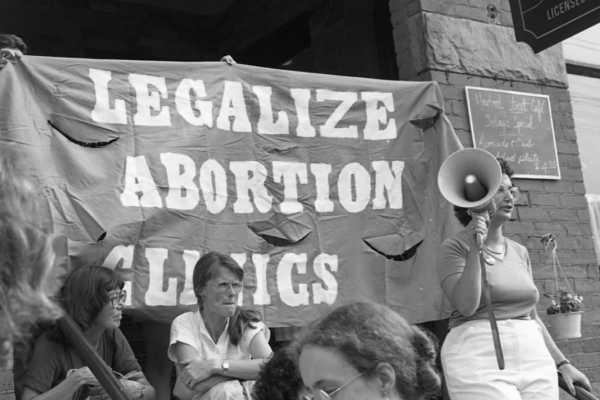Media are complicit in the sexual exploitation of women

Breaking news! Time magazine names The Silence Breakers of the #metoo movement the Person the Year in 2017. The Canadian Press names the movement itself the top news story of the same year. It looks, for a moment, like a triumph of empathy for women, one which could pave the way for enduring systemic change.
Many feminists along with women who have struggled for decades in sexist newsrooms dismissed that news as laughable, though the laughter was cold and bitter.
Certainly, there were other compelling stories in 2017. In the U.S., there was the presidential softness on racism, reckless gun laws and nuclear militarism. In Canada, there was the murderous opioid crisis, the legalization of marijuana, the unprecedented explosion of Indigenous culture. But only #metoo/ timesup allowed media to reach the summit of selfcongratulation and establish themselves as the alleged champions of women. This, in spite of the fact that on the list of things which make women vulnerable to the abuses of power, media itself is close to the top.
Mainstream media — papers, magazines, TV shows, movies and their advertisers — have manufactured a fog of confusion around the identity of women. In this fog, the more that successful women are, the more sexually inviting they must be. Every woman can’t be the writhing, seductive Victoria of Victoria’s Secret, but every woman must try, propped up by extravagant cosmetics and costumes. Ads similar to Victoria’s bring in billions in revenues and make it easy to blame women for sexual advances made against them.
The focus of media attention in 2017 was painfully specific: sexual harassment in the workplace, the most common issue being the unwanted touching of women by men. “Touch” is the word that brought the story to life.
Compared to most “women’s issues” — domestic violence, low wages, limited opportunities, etc., this was irresistible! On opinion pages, on radio talk shows, in TV news and entertainment, a parade of “Gotcha” stories emerged, oddly shaped by the familiar tropes of childhood. There was a hint of The Emperor’s New Clothes, (at first, a single voice exposed the mighty predator) and of Beauty and the Beast (Hollywood stars versus Harvey Weinstein). Then it was an almost biblical How the Mighty Have Fallen story (from politics, sports, theatre, lofty perches too many to name) in which unpaid labour, i.e. the survivors of sexual predation, did most of the work required to publish. As an added bonus, the story came with a salacious tension, an old-fashioned read-all-about-it promise of more sexual sinners to come. It added up to a perfect storm of profit for the media-owning class.
From earliest days, the media did not omit or cover up sexual offenders within its ranks, exposing high-profile television producers, sportscasters, publishers, editors and political analysts as diverse as the coarse Bill O’Reilly of Fox news and the refined Charlie Rose of PBS.
But in the puerile, soft-porn coverage of #metoo/ timesup, other important things were missing, including the precise vocabulary needed to confront present reality. Sexual harassment at work is classic bullying: “I hurt you because I know I can.” The word bullying has made few appearances. Sexual harassment is a product of patriarchy — that deeply rooted economic system in which men are entitled to power and property while women are not. Yet, post- Weinstein, sexual predators continue to appear in media as misguided individuals rather than systemic agents.
Also missing: an investigation into the experiences of working indigenous women on and off reserves, who, as young and poor are likely to face the highest level of abuse.
Toronto Sun contributor Sabrina Maddeaux wrote recently that Canada will not truly be part of the metoo and timesup movement until (really) big names begin to fall. But a higher, louder circus of blame will achieve little. When corporate media surrenders its massive and profitable investment in the sexuality of women, when Victoria’s Secret disappears and the Sunshine Girls put their clothes on, then we can begin the journey to safety for women.
Lesley Hughes is a media skills trainer, speaker, award-winning journalist, moderator, facilitator and humourist.
This article appeared in the Spring 2018 issue of Canadian Dimension (Whiteness & Racism).










